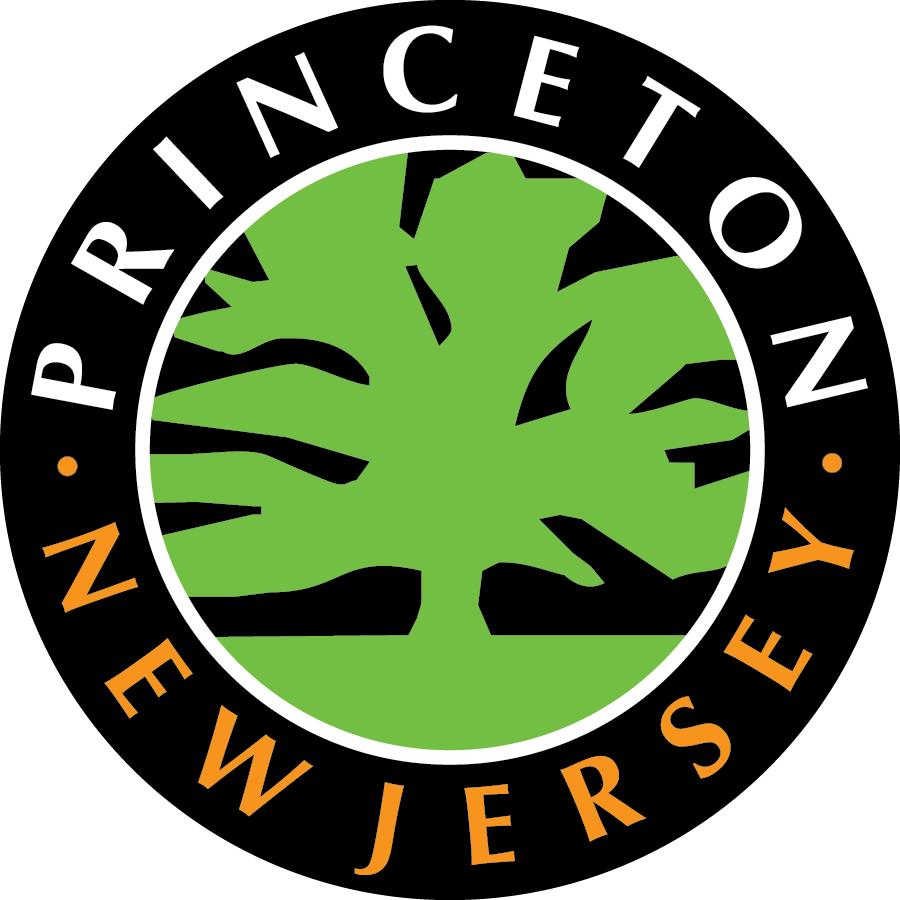Two new Princeton Council members will be sworn into office when the mayor and council hold a reorganization meeting on Jan. 2.
The meeting, which starts at 5 p.m., will be held in the main meeting room in Witherspoon Hall, which is at the Princeton Municipal Building, located at 400 Witherspoon St.
Mia Sacks and Michelle Pirone Lambros, both of whom have Princeton roots, will be sworn into office for three-year terms on the governing body. They are both Democrats.
The new Princeton Council members will join Mayor Liz Lempert and council members David Cohen, Leticia Fraga, Eve Niedergang and Dwaine Williamson on the all-Democratic governing body.
Sacks and Lambros will fill the seats held by outgoing Princeton Council members Jenny Crumiller and Tim Quinn.
Crumiller did not seek reelection and Quinn lost his bid for the nomination in the June Democratic primary.
Sacks grew up in Princeton and graduated from Princeton High School. She sits on the Princeton Planning Board and is the board secretary for Sustainable Princeton.
Lambros was born in Princeton and moved to Montgomery Township as a child. She graduated from Montgomery High School. She serves on the Princeton Zoning Board of Adjustment and also sits on the board of the Princeton Merchants Association.
During the election campaign, Sacks and Lambros advocated for changing the zoning regulations to allow for an accessory dwelling unit, or rental apartment, within single-family houses.
The income would help residents to stay in their homes by offsetting rising property taxes and also help to pay for routine maintenance costs.
Lambros said during the campaign that revised zoning would also encourage duplexes and multi-family buildings that would allow flexible living arrangements to keep the town affordable for the middle class.
Lambros also said during the campaign that she would like to focus on increasing commercial revenue. She would also like to seek a larger voluntary payment from Princeton University in order to reduce the property tax burden on property owners.
Becoming a more business-friendly town would help to increase revenue from commercial properties, she said.
Lambros also suggested streamlining regulations that hinder the creation and success of new businesses, such as reducing signage requirements and reducing the cost of permit fees and the time it takes to get them.
Sacks said during the campaign that she would like to embark on a comprehensive review and updating of the town’s Master Plan to reflect the consolidated Princeton.
The former Princeton Borough and the former Princeton Township consolidated into the town of Princeton in 2013. Each town had its own Master Plan that set out its vision for itself, and to guide development and redevelopment.
During the campaign, Sacks she said would like to include an economic development element in an updated Princeton Master Plan.
Genuine and lasting economic health for the town requires planning for – and balancing – the needs of all sectors, Sacks said.
Those needs include housing, transportation and schools, as well as the Central Business District.

